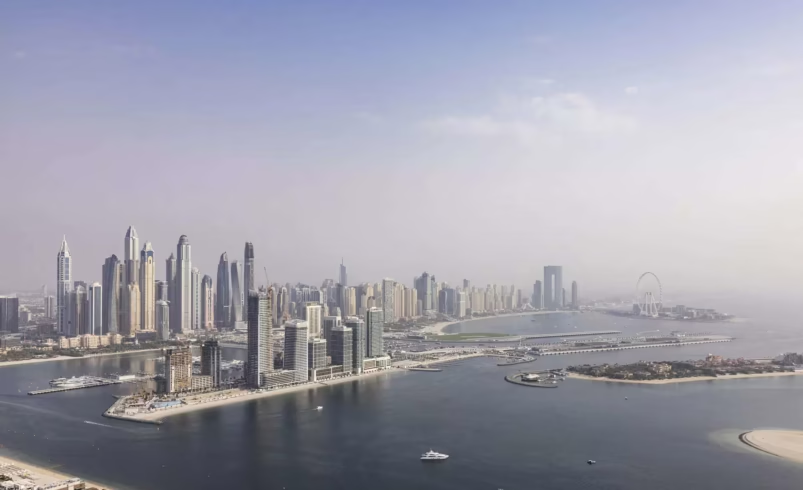Dubai’s Economic Evolution: Beyond Oil and Real Estate
- July 12, 2025
- 0

Dubai has strategically transitioned from its historical reliance on oil, diversifying its economy to include sectors such as trade, logistics, tourism, finance, and technology. This shift has been pivotal in establishing Dubai as a leading economic hub in the region. The emirate’s focus on these industries has not only reduced its vulnerability to oil price fluctuations but also positioned it as a model for economic resilience.
Central to Dubai’s economic success are its investor-friendly policies. These policies have created an attractive environment for global businesses and individuals seeking opportunities in the region. By offering incentives such as tax benefits and streamlined business processes, Dubai has become a magnet for international investment. This approach has significantly contributed to the growth of its non-oil sectors.
Dubai’s world-class infrastructure plays a crucial role in supporting its diversified economy. The city boasts state-of-the-art facilities, including ports, airports, and road networks, which facilitate efficient trade and logistics operations. This infrastructure not only supports local businesses but also enhances Dubai’s appeal as a global business hub.
Dubai’s strategic geographical location further amplifies its economic significance. Situated at the crossroads of Asia, Africa, and Europe, the city serves as a vital gateway for trade and commerce between these continents. This advantageous position has enabled Dubai to become a key player in global trade networks.
The transformation of Dubai’s economy underscores its growing global importance. By successfully diversifying its economic base, Dubai has demonstrated resilience and adaptability in an ever-changing global market. Its ability to attract international businesses and talent highlights its status as a leading economic powerhouse in the Middle East.